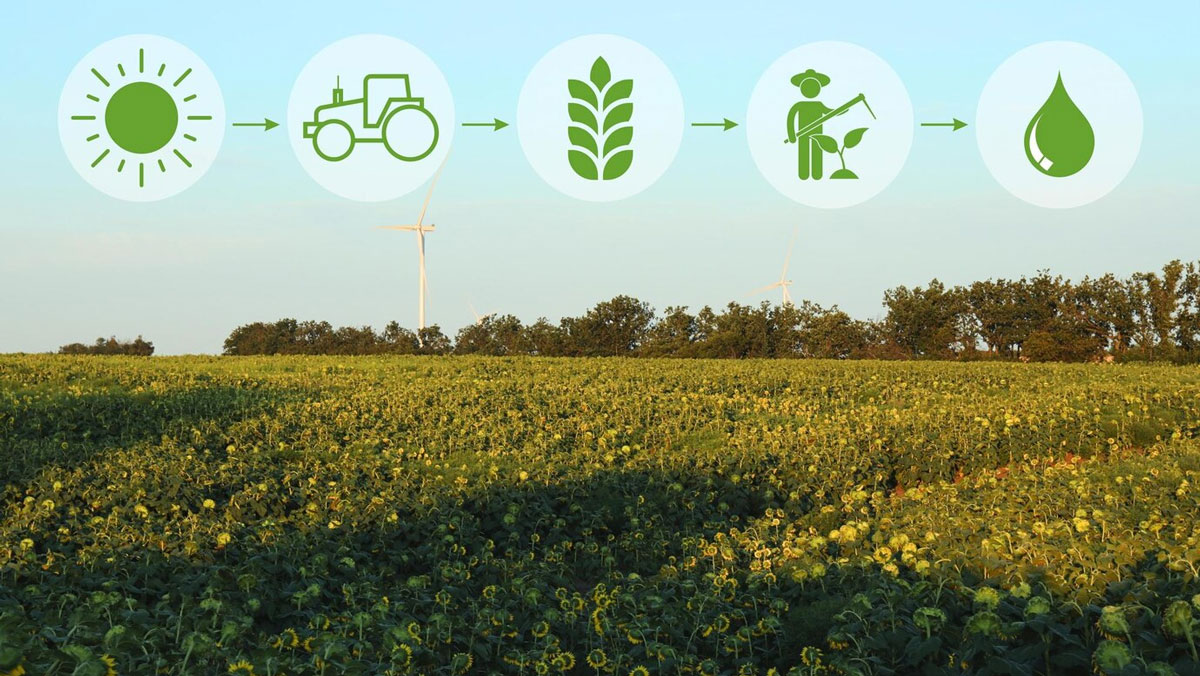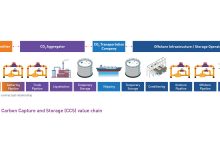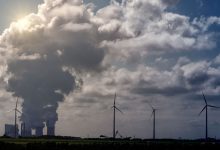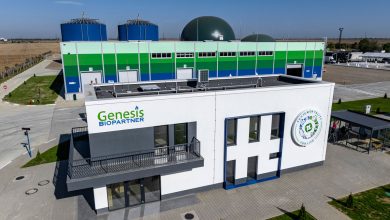State Aid Scheme to Support Advanced Biofuels Production of in Romania
The European Commission approved on October 4, 2024, a state aid scheme worth EUR 500 million to support investments in the production of advanced biofuels in Romania.
To support this investment measure, the Ministry of Energy will request funding from the Modernization Fund resources at the Spring 2025 Investment Committee meeting. In this regard, the Ministry has already prepared the documentation for the request for financial support, which, in a first stage, will be EUR 100,000,000, and then the remaining amount will be requested in stages.
“We need to develop the tools to put into practice the achievement of the common targets agreed at European level. We live in a dynamic, fast-moving world, but this freedom and efficiency come at a cost. Nearly a quarter of the world’s greenhouse gas emissions come from the transportation sector, whether by road, air or sea. And because it is an area heavily dependent on fossil fuels, the introduction of advanced biofuels will increase the share of renewable energy sources in the fuel mix and inevitably have a positive impact on reducing greenhouse gas emissions. Romania has the potential and the capacity to develop this field and we, at the Ministry of Energy, will support this type of investment. The preliminary consultation we had was very important in this respect, the feedback received from the economic operators concerned being harmonized and integrated into this new state aid scheme that we will launch,” said Sebastian-Ioan Burduja, Minister of Energy.
The state aid scheme aims to support investment in new capacity for the production of advanced biofuels such as bioethanol and hydrotreated vegetable oil (HVO) and sustainable aviation fuel (SAF) respectively, so that these types of biofuels provide at least 5% of final energy consumption in the transport sector by 2030.
The total estimated budget of the state aid scheme is around EUR 500,000,000, with the first call to be launched having a budget of EUR 100,000,000. The amount of state aid will be a maximum of 45% of the total investment costs, but not more than EUR 45 million/bioethanol plant and EUR 91.25 million/SAF/HVO plant.
The estimated production capacity of the advanced biofuel plant (tons/year) is at least 50 thousand tons of bioethanol and 20 thousand, respectively 90 thousand tons per combined SAF and HVO plant.
Eligible applicants under the state aid scheme are public or private law entities (micro, small, medium and large enterprises, including start-ups), legally registered for tax purposes in Romania at the time of submitting the application for funding.
For state aid to be granted for the production of advanced biofuels, they must comply with the sustainability and greenhouse gas emission reduction criteria laid down in Directive (EU) 2018/2001 and its delegated or implementing acts.
Main objectives
The Ministry of Energy aims to achieve the following objectives through this state aid scheme:
- Installation of advanced biofuel production capacities that contribute to meeting domestic needs from own production and reducing imports.
- Replacing first-generation fuels produced from food crops with second-generation biofuels produced from residues/waste, which do not impact the agricultural sector and bring significant greenhouse gas savings.
- Achieving effective decarbonization in line with the objectives of the European Green Deal as the EU’s sustainable growth strategy, combating climate change in line with the Union’s commitments to implement the Paris Agreement and the UN Sustainable Development Goals, supporting a socially just transition to a green economy and supporting low-carbon investment in the transport sector.
- Reducing the carbon footprint by blending with fossil fuels of advanced biofuels in the road transport sector, and for the aviation sector of biofuels produced from raw materials listed in both Part A and Part B of point (a) of Annex IX to Directive (EU) 2018/2001.
The state aid scheme also contributes to achieving the 2021-2030 NECP targets on energy and climate for 2030 and a climate-neutral EU economy by 2050. Alongside these targets, new capacity for the production of environmentally friendly fuels with low or zero carbon footprints is also being developed.
The decarbonization of the transport sector will be achieved by deploying the best available technologies to reduce greenhouse gas emissions, as well as by substantially transforming technological processes, including by considering solutions for carbon capture and storage and increasing energy efficiency in transport.







